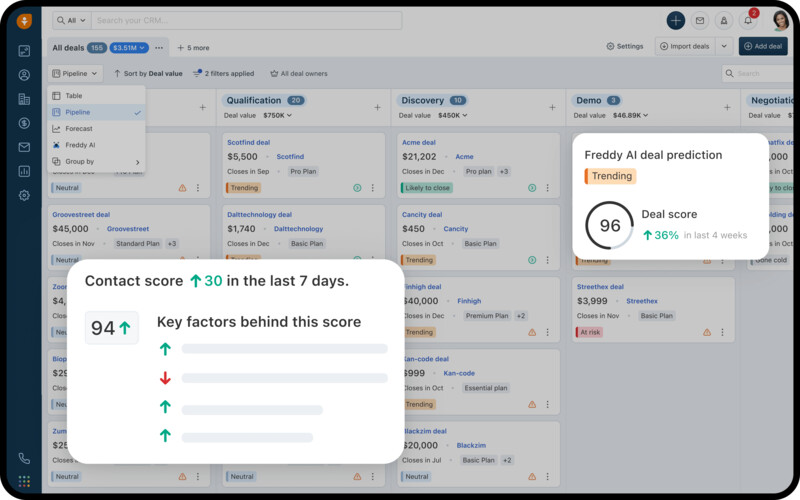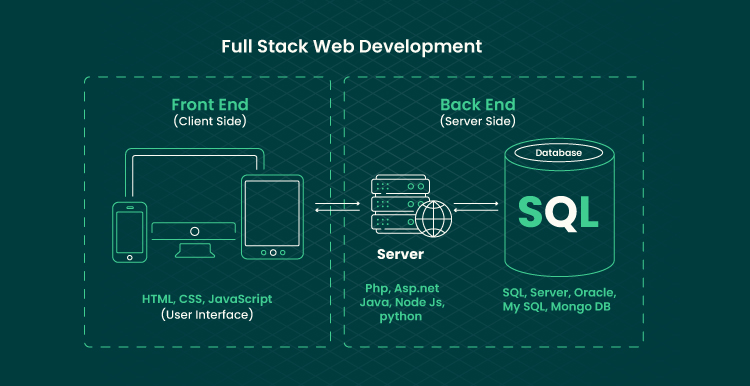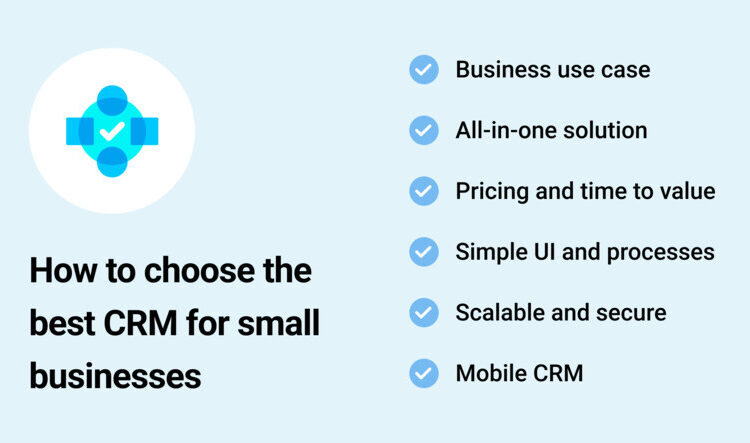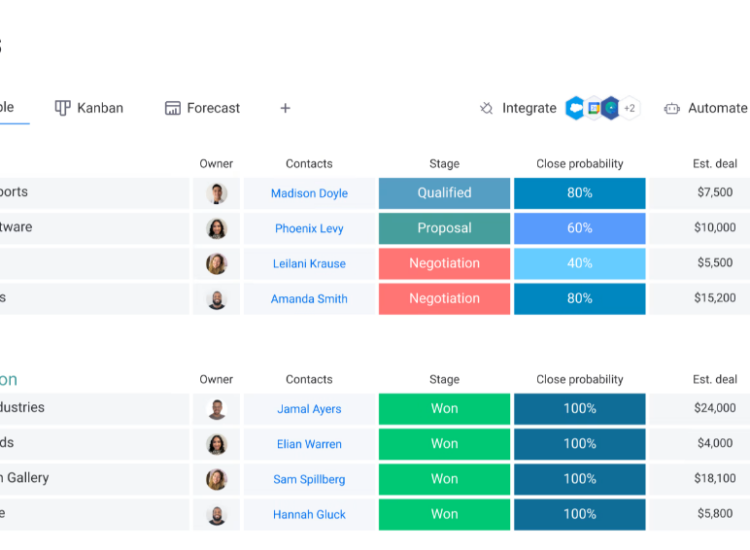Windows VPS solutions are becoming indispensable for SMBs seeking cost-effective, scalable IT infrastructure. Unlike dedicated servers, which can be prohibitively expensive, a virtual private server Windows setup provides comparable control and performance at a significantly lower cost. This guide will explore the advantages, challenges, and current trends surrounding this approach.
Toc
- 1. Cost-Effectiveness Compared to Other Hosting Options
- 2. Choosing the Right Virtual Private Server Windows Provider
- 3. Related articles 01:
- 4. Related articles 02:
- 5. Securing Your Virtual Private Server Windows: Best Practices for SMBs
- 6. Actionable Steps for Managing a Virtual Private Server Windows
- 7. Scalability and Resource Management: Maximizing Your ROI with Virtual Private Server Windows
- 8. Conclusion
Understanding Virtual Private Server Windows for SMBs
A virtual private server Windows solution is increasingly critical for small to medium-sized businesses (SMBs) looking for cost-effective and scalable IT infrastructure. As these businesses expand and rely more on technology, the challenges of efficiently managing IT resources have intensified. Traditional dedicated servers can often be expensive and rigid, while shared hosting frequently lacks the performance and security necessary for growth. Here’s where a virtual private server Windows option shines, striking the ideal balance between affordability, scalability, and a familiar operating environment.
Cost-Effectiveness Compared to Other Hosting Options
When evaluating hosting solutions, the cost-effectiveness of virtual private server Windows becomes evident. Compared to dedicated servers, virtual private server Windows offers similar performance and control at a fraction of the price. This is particularly advantageous for SMBs with limited budgets, allowing them to allocate resources efficiently.
A 2023 study showed that SMBs using Windows VPS solutions experienced an average of 30% reduction in Total Cost of Ownership (TCO) compared to dedicated servers over a three-year period, primarily due to reduced hardware and maintenance costs. The ability to avoid hefty upfront investments in physical hardware while maintaining performance is a compelling argument for many businesses.
Choosing the Right Virtual Private Server Windows Provider

Key Factors to Consider When Selecting a Provider
Choosing the right virtual private server Windows provider can be a challenging endeavor, especially with numerous options available. Here are key factors to consider:
- Server Location: The geographic location of the server can greatly affect performance. Opt for a provider with data centers close to your target audience to ensure lower latency.
- Uptime Guarantee: A reliable provider should offer a minimum uptime guarantee of 99.9%. This assurance is critical for maintaining accessible services, which is essential for business operations.
- Customer Reviews and Ratings: Investigate feedback on platforms like Trustpilot and G2 to assess the provider’s reputation. Positive reviews often signal reliable service and support.
- Provider Experience and Reputation: Established providers with a strong track record in virtual private server Windows hosting are generally more trustworthy.
- Pricing Models: Understand the pricing structure, whether it’s monthly, annual, or pay-as-you-go. This can significantly impact your budget and financial planning.
- Control Panel Options: Consider the control panel offered, such as Plesk or cPanel. These tools simplify server management and application deployment.
- Technical Support: 24/7 support is crucial for SMBs that may face issues outside of regular business hours.
- Scalability Options: Ensure the provider allows easy upgrades or downgrades in resources without significant downtime or additional costs.
- Security Features: Assess the security measures in place, including firewalls, DDoS protection, and data backups.
Current Trends Affecting VPS Adoption
An emerging trend impacting Windows VPS adoption is the rise of serverless computing. Serverless architecture allows businesses to run applications without managing the underlying servers, potentially reducing the need for traditional VPS solutions. However, many SMBs still find value in Windows VPS for certain workloads that require consistent performance and control, particularly those reliant on Microsoft technologies. Understanding how serverless functions might complement or replace specific VPS workloads is essential for businesses looking to modernize their IT strategies.
Top Virtual Private Server Windows Providers: A Comparative Analysis
When searching for the best virtual private server Windows options, it’s beneficial to compare several reputable providers. Below is a table highlighting key features, pricing, and support for selected virtual private server Windows providers:
|
Provider Name |
Key Features |
Pricing (Approx.) |
Support Level |
|---|---|---|---|
|
DigitalOcean |
99.9% uptime, 24/7 support, scalable
|
From $10-$20/month |
Excellent |
|
Linode |
Free migration, DDoS protection |
From $15-$25/month |
Good |
|
Vultr |
Windows 10 VPS free trial, flexible |
From $20-$30/month |
24/7 support |
|
A2 Hosting |
Managed services, backup solutions |
From $25-$35/month |
Excellent |
(Note: The above data is illustrative and requires current research for accuracy.)
Insights from Virtual Private Server Windows Reddit Discussions
The Reddit community often raises valuable concerns regarding virtual private server Windows services. Common topics include performance issues, provider reliability, and pricing concerns. Engaging with these threads can provide insights and potential solutions to common problems.
2. https://tech.banktop.vn/mmoga-paas-in-cloud-computing-a-complete-guide-for-it-managers
4. https://tech.banktop.vn/mmoga-saas-software-as-a-service-a-comprehensive-guide-for-business-owners
5. https://tech.banktop.vn/mmoga-a-students-guide-to-securing-a-virtual-private-server-free
For example, many users express worries about the cost-effectiveness of virtual private server Windows compared to alternatives like Linux VPS. While Windows may have higher licensing fees, it also offers robust support for Microsoft applications and tools, making it a worthwhile investment for businesses relying on these technologies.
Securing Your Virtual Private Server Windows: Best Practices for SMBs
Security is paramount for SMBs utilizing virtual private server Windows solutions. With cyber threats on the rise, ensuring your VPS is secure is essential for protecting sensitive data and maintaining business integrity.
Understanding Common Threats
- DDoS Attacks: Distributed Denial of Service (DDoS) attacks aim to disrupt server availability by overwhelming it with traffic.
- Malware and Ransomware: Malicious software can infiltrate your VPS, compromising data and potentially holding it for ransom.
- Brute Force Attacks: Hackers use automated tools to guess login credentials and gain unauthorized access to your server.
Implementing Proactive Security Measures
- Strong Passwords and Multi-Factor Authentication: Use complex passwords and enable multi-factor authentication to enhance security.
- Regular Software Updates and Patching: Keep your operating system and applications up to date to mitigate security vulnerabilities.
- Firewall Configuration: Establish inbound and outbound rules to control traffic and prevent unauthorized access to your server.
- Antivirus and Antimalware Protection: Implement reliable antivirus solutions to safeguard against malicious software.
- Regular Backups and Disaster Recovery Planning: Schedule regular backups of critical data to ensure quick recovery in case of data loss or breaches.
- Secure Remote Access: For virtual private server Windows with remote desktop access, follow best practices such as limiting remote access to specific IP addresses and using VPNs when connecting.
Responding to Security Incidents
In the unfortunate event of a security breach, having a well-defined incident response plan is crucial. This plan should outline the steps to take following a breach, including isolating affected systems, notifying stakeholders, and conducting a thorough investigation.
By adhering to these best practices, SMBs can significantly reduce the risk of security breaches and enhance their overall security posture.
Actionable Steps for Managing a Virtual Private Server Windows
Monitoring Resource Usage
Regularly monitoring your virtual private server (VPS) Windows resource usage is crucial for maintaining optimal performance and ensuring your server runs smoothly. By keeping track of resource consumption, such as CPU, memory, and disk utilization, you can quickly identify potential performance bottlenecks or capacity issues. Utilize built-in tools like Windows Task Manager for basic monitoring, or consider third-party monitoring software for more advanced features, such as real-time alerts and detailed performance analysis. These tools can help you track trends over time, plan for upgrades, and avoid unexpected downtimes, ensuring your server meets the demands of your applications.
Managing Application Deployment
Properly managing the deployment of applications on your VPS is essential for maintaining overall stability, security, and efficiency. Use a control panel such as Plesk or cPanel to streamline the management of applications, databases, and domains. These interfaces allow you to easily install, configure, and update applications without requiring extensive technical knowledge. Additionally, it’s important to regularly review the applications running on your server to ensure they are up-to-date and free of vulnerabilities. By carefully managing your deployments, you can prevent unnecessary server strain and enhance the reliability of your services.
Keeping Up with Updates
As mentioned earlier, performing regular updates is crucial for keeping your VPS secure and functioning optimally. Security patches and software updates often address vulnerabilities that could put your server at risk. However, it’s equally important to approach updates cautiously. Before applying updates, test them in a staging environment to identify potential compatibility issues with your existing applications or configurations. This practice can help you avoid unexpected disruptions in your live environment. Scheduling updates during off-peak hours is also a good strategy to minimize the impact on your users or clients.
Regular Backups and Disaster Recovery Planning
In addition to implementing regular backups, having a comprehensive disaster recovery plan in place is a critical component of maintaining your VPS. Backups are your first line of defense against data loss due to hardware failures, software errors, or cyberattacks. Ensure your backup strategy includes frequent, automated backups stored in a secure location separate from your VPS. Beyond backups, your disaster recovery plan should outline clear steps to follow in the event of data loss, breaches, or server outages. This plan should include instructions for restoring data from backups, identifying the root cause of the issue, and implementing measures to prevent future incidents. By preparing in advance, you can minimize downtime and ensure business continuity even in challenging situations.
Scalability and Resource Management: Maximizing Your ROI with Virtual Private Server Windows

Scalability and Resource Management
Scalability is one of the defining features of virtual private server (VPS) Windows hosting, making it a powerful choice for businesses of all sizes. As business demands fluctuate, the ability to scale resources up or down without significant downtime or prohibitive costs becomes invaluable. This scalability ensures that your hosting solution can handle increased demand during peak times, such as seasonal sales, promotions, or unexpected surges in traffic. Conversely, scaling down during quieter periods can help maintain cost-efficiency and avoid overpaying for unused resources. This flexibility not only supports current needs but also positions businesses for sustainable future growth.
However, it’s important to recognize that not all VPS providers offer the same level of scalability. Some may have limitations when it comes to handling sudden spikes in traffic that exceed initially allocated resources, potentially leading to performance bottlenecks or downtime. To address this, selecting a provider with robust scaling capabilities, flexible resource allocation, and clear service level agreements (SLAs) is essential. A reliable provider ensures that your business can seamlessly adapt to varying demands while maintaining a high-quality user experience, which is critical for customer satisfaction and retention.
Long-Term Cost Savings Through Efficient Resource Management
By effectively managing resources and scaling appropriately, small and medium-sized businesses (SMBs) can achieve significant long-term cost savings with a virtual private server Windows solution. Regular monitoring of resource usage, such as bandwidth, CPU power, and storage, can help prevent over-allocation or under-utilization, ensuring businesses only pay for what they truly need. For example, tools provided by VPS hosting services can enable real-time tracking and alerts, helping businesses adjust their plans as requirements change.
Additionally, efficient resource management minimizes waste, allowing for more predictable budgeting and resource allocation. Over time, this not only reduces operational expenses but also allows SMBs to reinvest the savings into other areas of growth, such as marketing, product development, or customer support. With the right VPS provider and proactive resource optimization strategies, businesses can maintain a balance between performance and cost-efficiency, supporting both immediate operations and long-term scalability goals.
Conclusion
In summary, a virtual private server Windows solution offers SMBs a powerful and flexible hosting environment that is both cost-effective and scalable. By choosing the right provider and adhering to best practices for security and management, businesses can harness the full potential of their virtual private server Windows. The ability to adapt to changing needs while maintaining a familiar interface makes virtual private server Windows an ideal choice for growing businesses. As you explore your options, consider the key factors outlined in this guide and start your journey toward a more efficient IT infrastructure today.







